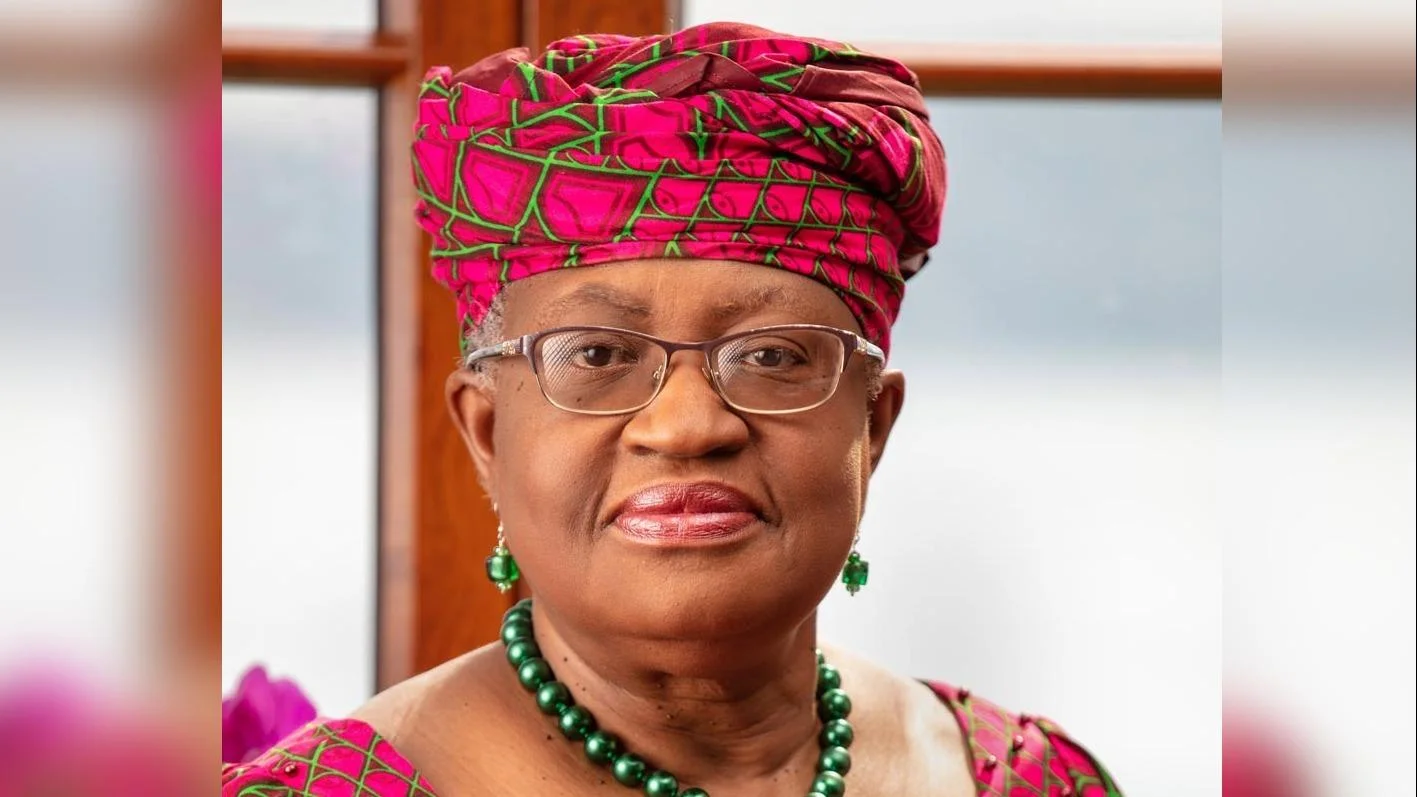On July 10, 2024, Deputy Director-General Paugam addressed an audience in Jiangyin, emphasizing the critical role of the World Trade Organization (WTO) in supporting investments in steel decarbonization. "The World Trade Organisation can and must be leveraged as an insurance policy for your investment decisions in steel decarbonisation," he stated.
Paugam highlighted the urgency of transitioning to green steel production to meet global net zero goals, noting that steel production accounts for 8% of global greenhouse gas emissions. He pointed out that leading automakers and iron ore miners are already moving towards near-zero emissions steel and innovative green iron products.
"Volvo Group has announced an advanced purchase agreement for near zero emission steel from H2 Green Steel," Paugam said. He also mentioned companies like Vale meeting the demand for higher-grade iron ore and the emergence of commercial-scale green hydrogen-based direct reduced iron (DRI) production facilities in China.
Paugam outlined three key pathways to achieving green steel: increasing efficiency in existing processes, improving scrap recovery, and scaling up breakthrough technologies. He acknowledged the significant financial challenge involved, with estimated costs ranging from $1.4 trillion to multiple trillions when including the full value chain.
Investors face uncertainty regarding market rewards for sustainable steel investments. "We need to demonstrate that it is possible — and profitable! — to secure a market premium that will cover the investments needed for sustainable steel," he asserted.
The regulatory landscape also presents challenges. Policy certainty and simplicity are essential to enable these investments. Paugam stressed the importance of common, consistent, and comparable measurement of GHG emissions through Life Cycle Assessment (LCA). "An LCA, combined with certification, builds trust and confidence in claims regarding low emissions or sustainable steel products," he noted.
Paugam warned against uncoordinated climate policies which could hinder green steel's future due to risks like carbon leakage and trade disputes over incompatible emissions measurement methodologies. The WTO aims to mitigate these risks by maintaining an open, rule-based trading system.
"The core mission of the WTO is our best defence to foster economic development," Paugam said. He highlighted ongoing efforts by WTO members like China and the United States advocating for new multilateral work on trade-related climate measures' interoperability.
The WTO Secretariat has been working with worldsteel on Steel Standards Principles for decarbonization launched at COP28 in Dubai. Nearly 50 organizations have endorsed these principles aimed at promoting interoperability and mutual recognition of GHG emissions measurement methodologies globally.
"We need a stronger than ever partnership with the steel industry," Paugam urged. He called on industry leaders to support multilateral trading systems, encourage government cooperation on interoperable policies, support convergence of evaluation methods defining green steel, and collaborate with standards-setting organizations.
Paugam concluded by reaffirming the WTO's commitment: "We have a clear and measurable objective: to deliver tangible progress in establishing common emission measurement standards and improving interoperability in the steel sector by COP29."
###

